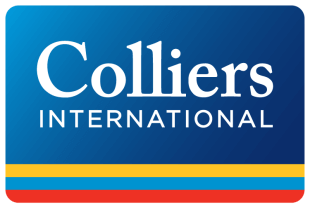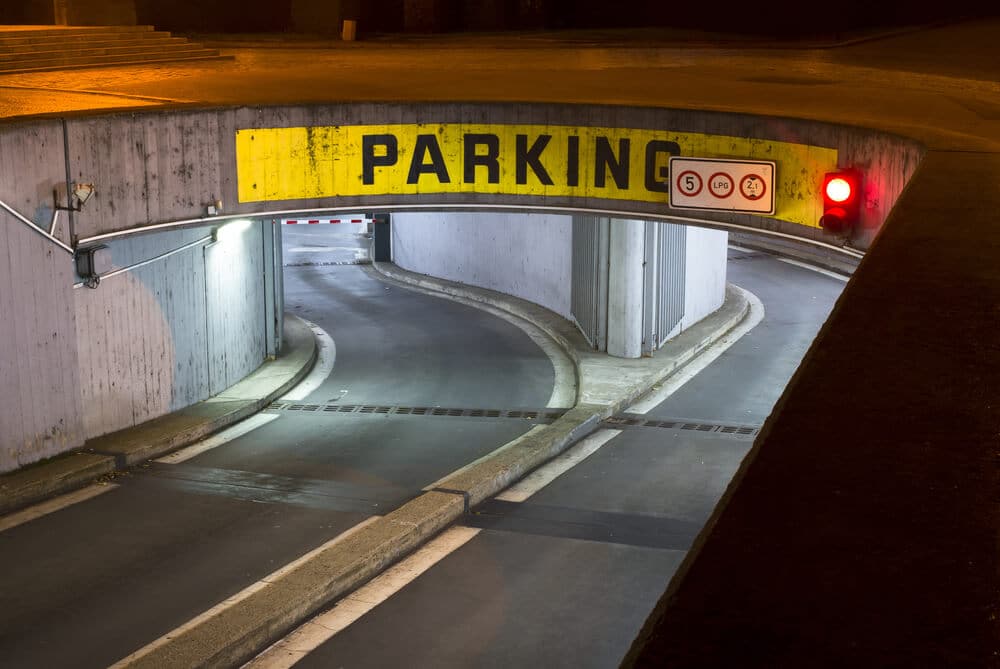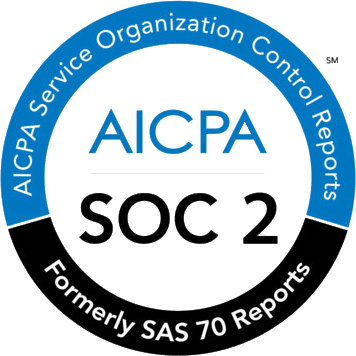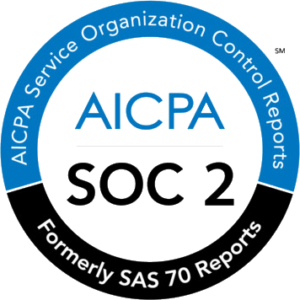All in One Platform
Parking Space Booking
Automates bookings, provides real-time availability, and maximizes efficiency.
EV Charging Management
Wayleadr’s Arrival Platform streamlines visitor check-ins, EV charging, and more in one app.
Guest Parking Booking
Automates the process, offering self-service, boosting revenue, cutting costs, and enhancing satisfaction.
Apartment Permit Parking
Streamline parking operations with Wayleadr, the cost-effective solution that eliminates manual processes.
Parking Payments
Automates the entire process, making it effortless for both facility managers and users.
All in One Platform
Desk Booking
Easily reserve desks for hybrid and flexible workspace setups, maximizing office efficiency.
Visitor Management
Rorem ipsum dolor sit amet, consectetur adipiscing elit.
Carpooling
Rorem ipsum dolor sit amet, consectetur adipiscing elit.
Digital Access Control
Rorem ipsum dolor sit amet, consectetur adipiscing elit.
Guest Parking Booking
Rorem ipsum dolor sit amet, consectetur adipiscing elit.
Desk Booking
Our smart desk booking system offers self-service, automation, and logic to simplify scheduling.
Meeting Room Booking
Platform simplifies room bookings, offers real-time availability, and boosts efficiency.
Visitor Management
Wayleadr’s Virtual Front Desk offers a seamless check-in/check-out experience for visitors and hosts.
Digital Access Control
Minimize security risks, boost efficiency, and streamline experiences with Wayleadr’s Access Control.
Occupancy Tracking
Uses smart sensors and ANPR cameras to monitor space usage for efficient allocation.
Meeting Room Booking
Easily reserve desks for hybrid and flexible workspace setups, maximizing office efficiency.
EV Charging Management
Rorem ipsum dolor sit amet, consectetur adipiscing elit.
Vanpooling
Rorem ipsum dolor sit amet, consectetur adipiscing elit.
Wayfinding
Rorem ipsum dolor sit amet, consectetur adipiscing elit.
Parking Payments
Rorem ipsum dolor sit amet, consectetur adipiscing elit.
Shuttle Bus Management
Provide a seamless shuttle experience for employees, ensuring efficient travel to and from work.
Carpooling
Carpooling reduces cars, saves fuel and parking, and lowers your environmental footprint.
Vanpooling
Help employees cut commuting costs and environmental impact with automated vanpool services.
Wayfinding
Enhance satisfaction, improve efficiency, and simplify navigation with Wayleadr’s Wayfinding solution.
Parking Space Booking
Easily reserve desks for hybrid and flexible workspace setups, maximizing office efficiency.
Occupancy Tracking
Rorem ipsum dolor sit amet, consectetur adipiscing elit.
Shuttle Bus Management
Rorem ipsum dolor sit amet, consectetur adipiscing elit.
Apartment Permit Parking
Rorem ipsum dolor sit amet, consectetur adipiscing elit.
Industries
Multifamily
With WayHome, you can manage everything from parking reservations to visitor access in one platform.
Enterprise
Transform your workplace with smart technology that enhances efficiency and employee satisfaction.
Universities
Manage all aspects of campus parking and visitor management from one centralized platform to improve efficiency and enhance campus safety.
Healthcare
Manage parking, visitor access, and security in one centralized platform to improve efficiency and enhance the experience for patients, staff, and visitors.
Non-Profits
Manage parking, visitor access, and security in one centralized platform to improve operational efficiency and enhance the experience for staff, volunteers, and visitors.
Venues
Wayleadr’s All-in-One Arrival Management Platform simplifies parking, visitor management, and security for sports arenas, concert venues, theaters.
Government
These solutions help governments streamline operations, boost security, and improve public services.
Services
For industries such as legal, financial services, and consulting, efficient, seamless, and reliable client and staff arrival management is absolutely essential.
Other
Whether you're managing a logistics hub, a shipping center, or a truck stop, Wayleadr helps you reduce congestion, boost operational efficiency, and enhance security.
Our Resources
Blog
Our blog provides expert insights and tips to help businesses optimize their operations.
eBook
Our eBooks cover a wide range of topics to help organizations optimize their workplace and commuting strategies.
Videos
Optimizing car park occupancy, managing parking availability, generating employee parking revenue, and reducing the carbon footprint.
About Us
Case Studies
Discover how Wayleadr is driving results for some of the biggest companies in the world.
Integration
Effortlessly connect with systems you already use, enhancing your team’s day-to-day experience without any rip and replace.
Contact Us
Whether you're new to Wayleadr or need help as a current user, our friendly support team is here to assist you.
About Us
We’re not just a parking management system or a desk booking platform.
All in One Platform
Parking Space Booking
Automates bookings, provides real-time availability, and maximizes efficiency.
EV Charging Management
Wayleadr’s Arrival Platform streamlines visitor check-ins, EV charging, and more in one app.
Guest Parking Booking
Automates the process, offering self-service, boosting revenue, cutting costs, and enhancing satisfaction.
Apartment Permit Parking
Streamline parking operations with Wayleadr, the cost-effective solution that eliminates manual processes.
Parking Payments
Automates the entire process, making it effortless for both facility managers and users.
All in One Platform
Desk Booking
Easily reserve desks for hybrid and flexible workspace setups, maximizing office efficiency.
Visitor Management
Rorem ipsum dolor sit amet, consectetur adipiscing elit.
Carpooling
Rorem ipsum dolor sit amet, consectetur adipiscing elit.
Digital Access Control
Rorem ipsum dolor sit amet, consectetur adipiscing elit.
Guest Parking Booking
Rorem ipsum dolor sit amet, consectetur adipiscing elit.
Desk Booking
Our smart desk booking system offers self-service, automation, and logic to simplify scheduling.
Meeting Room Booking
Platform simplifies room bookings, offers real-time availability, and boosts efficiency.
Visitor Management
Wayleadr’s Virtual Front Desk offers a seamless check-in/check-out experience for visitors and hosts.
Digital Access Control
Minimize security risks, boost efficiency, and streamline experiences with Wayleadr’s Access Control.
Occupancy Tracking
Uses smart sensors and ANPR cameras to monitor space usage for efficient allocation.
Meeting Room Booking
Easily reserve desks for hybrid and flexible workspace setups, maximizing office efficiency.
EV Charging Management
Rorem ipsum dolor sit amet, consectetur adipiscing elit.
Vanpooling
Rorem ipsum dolor sit amet, consectetur adipiscing elit.
Wayfinding
Rorem ipsum dolor sit amet, consectetur adipiscing elit.
Parking Payments
Rorem ipsum dolor sit amet, consectetur adipiscing elit.
Shuttle Bus Management
Provide a seamless shuttle experience for employees, ensuring efficient travel to and from work.
Carpooling
Carpooling reduces cars, saves fuel and parking, and lowers your environmental footprint.
Vanpooling
Help employees cut commuting costs and environmental impact with automated vanpool services.
Wayfinding
Enhance satisfaction, improve efficiency, and simplify navigation with Wayleadr’s Wayfinding solution.
Parking Space Booking
Easily reserve desks for hybrid and flexible workspace setups, maximizing office efficiency.
Occupancy Tracking
Rorem ipsum dolor sit amet, consectetur adipiscing elit.
Shuttle Bus Management
Rorem ipsum dolor sit amet, consectetur adipiscing elit.
Apartment Permit Parking
Rorem ipsum dolor sit amet, consectetur adipiscing elit.
Industries
Multifamily
With WayHome, you can manage everything from parking reservations to visitor access in one platform.
Enterprise
Transform your workplace with smart technology that enhances efficiency and employee satisfaction.
Universities
Manage all aspects of campus parking and visitor management from one centralized platform to improve efficiency and enhance campus safety.
Healthcare
Manage parking, visitor access, and security in one centralized platform to improve efficiency and enhance the experience for patients, staff, and visitors.
Non-Profits
Manage parking, visitor access, and security in one centralized platform to improve operational efficiency and enhance the experience for staff, volunteers, and visitors.
Venues
Wayleadr’s All-in-One Arrival Management Platform simplifies parking, visitor management, and security for sports arenas, concert venues, theaters.
Government
These solutions help governments streamline operations, boost security, and improve public services.
Services
For industries such as legal, financial services, and consulting, efficient, seamless, and reliable client and staff arrival management is absolutely essential.
Other
Whether you're managing a logistics hub, a shipping center, or a truck stop, Wayleadr helps you reduce congestion, boost operational efficiency, and enhance security.
Our Resources
Blog
Our blog provides expert insights and tips to help businesses optimize their operations.
eBook
Our eBooks cover a wide range of topics to help organizations optimize their workplace and commuting strategies.
Videos
Optimizing car park occupancy, managing parking availability, generating employee parking revenue, and reducing the carbon footprint.
About Us
Case Studies
Discover how Wayleadr is driving results for some of the biggest companies in the world.
Integration
Effortlessly connect with systems you already use, enhancing your team’s day-to-day experience without any rip and replace.
Contact Us
Whether you're new to Wayleadr or need help as a current user, our friendly support team is here to assist you.
About Us
We’re not just a parking management system or a desk booking platform.









